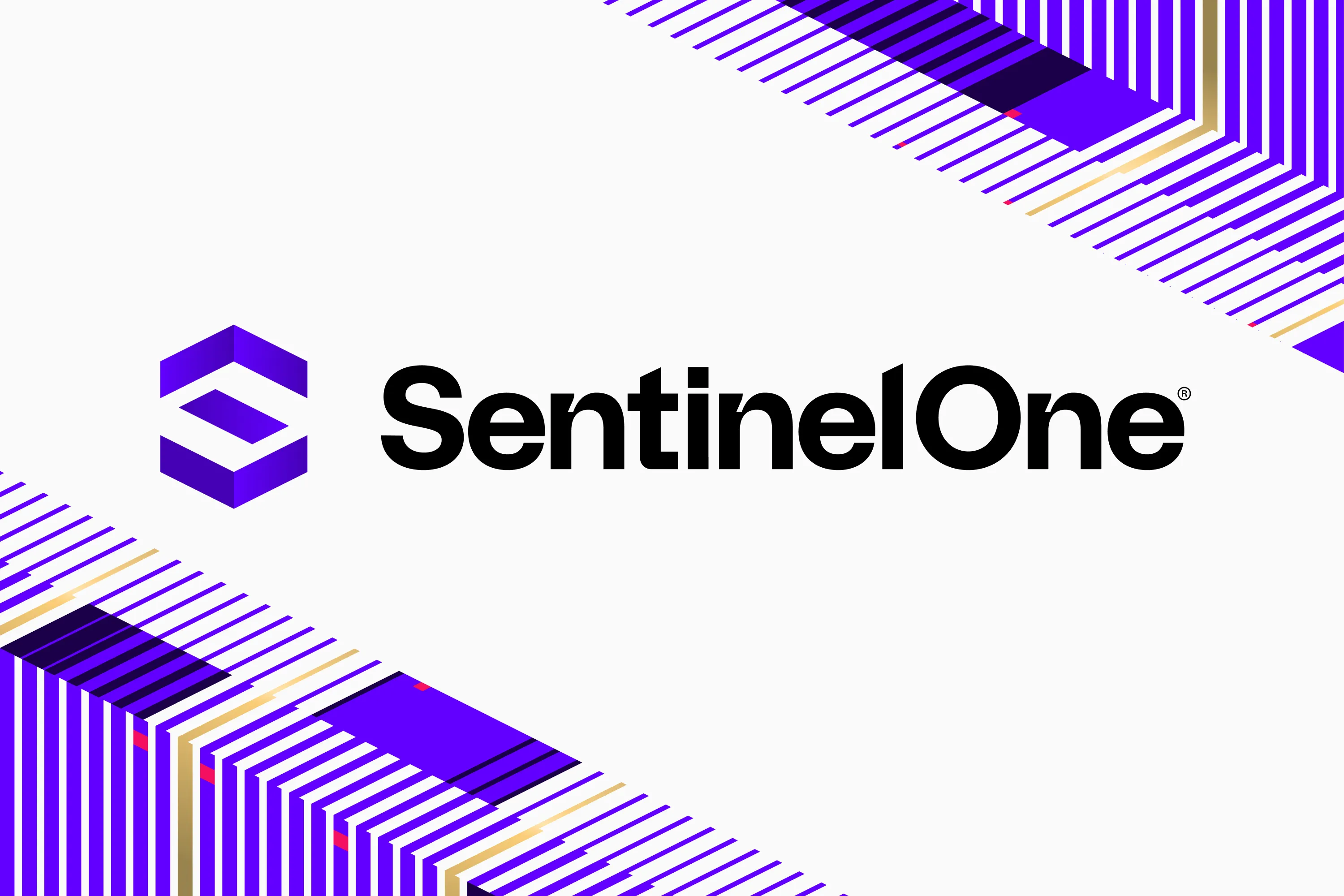
The RBI is tightening regulations for payment aggregators. This could pose challenges for new entrants as they navigate the regulatory landscape. This includes barring new customers, accepting deposits, and undertaking credit transactions.
As per the order, Paytm Payments Bank Ltd (PPBL) to suspend most of its business including taking deposits, conducting credit transactions and carrying out top-ups on any customer accounts, prepaid instruments, wallets, and cards for paying road tolls after February 29.
Overall, this is a positive development for the Indian payments industry. It is likely to lead to increased competition, innovation, and ultimately, better services for everyone involved. However, PayTM is the most successful start-up in the Fintech Industry ,was set as an example, now it is witnessing as shrinking down.
Paytm wallet customers can use money till the time their balance is exhausted. They cannot add money after February 29.
Confederation of All India Traders (CAIT) on Sunday advised traders to switch from Paytm to other payment apps for business-related transactions following Reserve Bank of India (RBI) curbs on Paytm wallet and bank operations.
PhonePe and NPCI's BHIM app downloads increased. This suggests users and merchants are exploring alternative payment options following the RBI action.
Possible Reasons for the Shift:
● Uncertainty about Paytm's future: The restrictions imposed by RBI create uncertainty about Paytm's ability to offer seamless payment services.
● Reputational impact: The RBI action could dent user trust in Paytm, especially for those reliant on banking services.
The recent restrictions imposed by RBI on Paytm have raised concerns about the security and continuity of financial services provided by the platform, said CAIT secretary general Praveen Khandelwal.
He urged traders to act promptly and make informed decisions to mitigate any potential adverse effects on their financial operations.
“Money laundering concerns and questionable dealings of hundreds of crores of rupees between popular wallet Paytm and its lesser-known banking arm had led the RBI to clamp down on tech poster boy Vijay Shekhar Sharma-run entities,” as per the report of PTI .
Looking Forward:
● Paytm is working towards addressing the compliance issues and seeking regulatory approval. If successful, it might regain user and merchant trust.
● The competition in the Indian payments space is likely to intensify. This could benefit users with more choices and potentially lower fees.
● Regulations are expected to become stricter across the fintech sector. This could lead to a more secure and stable financial environment for all stakeholders.
It's important to note that the situation is still developing, and it's too early to predict the long-term impact of these events. However, it's evident that the RBI action has triggered a shift in the Indian payments landscape, presenting both challenges and opportunities for different players.
Vijay Shekhar Sharma's vision for Paytm was heavily influenced by Jack Ma's Alibaba's focus on mobile commerce. Both Sharma and Ma recognized the potential of mobile phones in emerging markets like India and China, where many people skipped the desktop phase and went straight to mobile.
Both platforms went beyond payments to offer a wider range of services, creating an ecosystem within their apps. In Alibaba's case, this included logistics, e-commerce, and cloud computing, while Paytm branched into financial services, shopping, and entertainment.
Sharma, the poster boy of India’s fintech boom, also set out to build an Alipay-like mobile marketplace to go alongside the payments business, allowing businesses to sell goods from matchbox to iPhones online.
See What’s Next in Tech With the Fast Forward Newsletter
Tweets From @varindiamag
Nothing to see here - yet
When they Tweet, their Tweets will show up here.





























